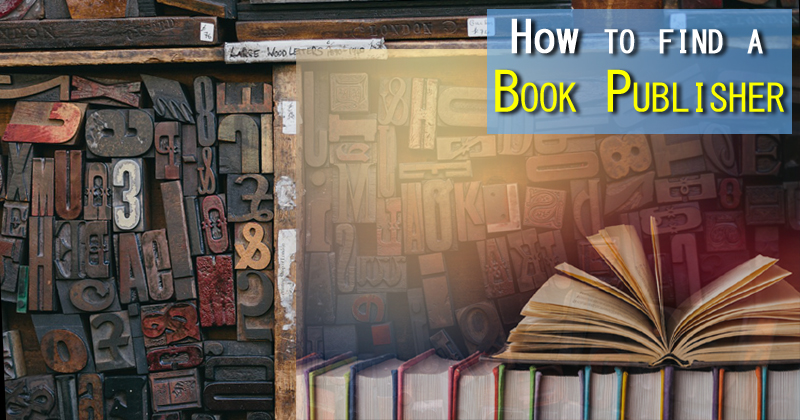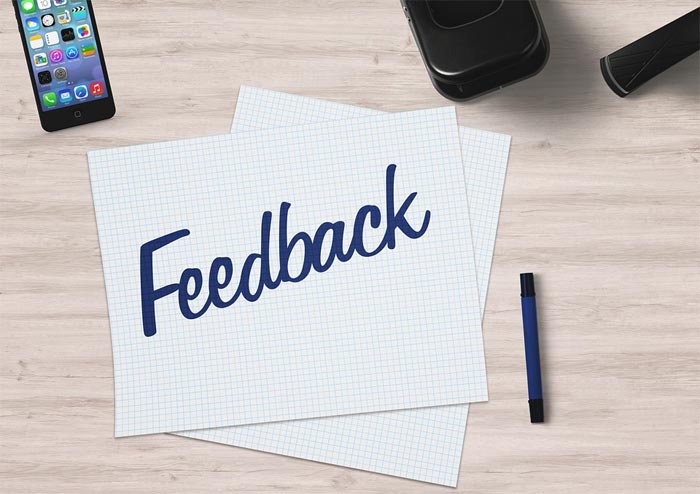
So how does one find a publisher for one’s book? Generally, it means the traditional publishers like HarperCollins or Random House. But most of them are clueless as to what exactly they are trying to find. Traditional publishing has been the default option in the publishing world for a very long time. So it’s what most people think of publishing. Most aren’t usually aware of the alternative that is self-publishing. In fact, self-publishing is a much better option for most authors. It’s the only option for the vast majority of authors especially when traditional publishing is so daunting and fiercely competitive.
Convincing a traditional publisher is not that easy. They need to be assured of a minimum quantity in the first month itself. For a new author, it is next to improbable. Most people can’t do that as it requires a huge built-in audience beforehand. That’s where self-publishing comes in handy.
So, what’s the difference between traditional publishing and self-publishing? When you traditionally publish, the publisher holds the sway and owns the book. Whereas, when you self-publish, you have total control over your book.
When you are ready to publish, contemplate both online as well as offline avenues. Working with the right team to publish your book is very critical.
How to find a good book publisher
1. Know your publishing house:
If you think your book is akin to one of the books of your favorite author, look up its publisher. Also, if your work is comparable with many bestselling books in your genre, find the publisher behind those books. While the internet is a good option, getting out and networking with publishers can be one approach to take the work to its logical conclusion. One should step out and go to book events and festivals where you can meet with publishers or people that work there. Asking them out and buying their book can be a good starting point.

It’s really the best way to get a sense of what a publisher does. Social media is a good mechanism to get insight into a company’s philosophy and its culture. Authors need to consider the persona of a publisher. What exactly are they tweeting? What stuff are they interested in? Does their value system align with yours?
2. Submission Process:
Submission guidelines for most publishing houses can be found on their websites. You can ascertain whether or not, they accept unsolicited material. The genres they specialize in can be easily concluded.
The most common materials you’ll be asked to submit are a summary of your story, an updated CV, and a query letter. Do proper research and stick to the submission guidelines. It’s a tough market out there so proper and pertinent material should only be circulated.
3. The importance of a good query letter:
A query letter is your first shot at getting an agent or publisher excited about your work. Your letter should explain why you’re the right person to write about the subject. In the synopsis part of your letter, stick to the main highlights. It should contain the central idea and the main theme of your book. Approach the publisher with your strengths and convince them why they should invest time and money in you.
4. The Waiting Game:
Book publishing is a time-consuming process. It can take up to two to two and half years if all goes well. So it’s important to have that much patience.
5. The Feedback Mechanism:

Book publishing is a collective process. An author should, thus, be open to feedback from various quarters. It atones the work and can make the whole difference between a well laid out book and a shoddy one.
Suggested read: Costs of self publishing a book
6. It’s a tough world, don’t take it personally:
If a publisher rejects your manuscript, don’t take it personally. Every publishing house has its respective checklist. Your story might be great and it still may not cut through the clutter. Such is the nature of the beast.
7. Hiring an Agent:
Hiring a literary agent can make lives easier for writers. An agent has a pre-established relationship with the editor and he can really push your work to the top of the reading list. The other benefit to working with a literary agent is that they will do the work of submitting your proposal or manuscript. They follow it up and negotiate a deal; ensuring an offer comes through. You’ll pay for these benefits with a percentage of any money your book earns, which is typically 15%. But the kind of workload they share, one should not mind passing some of the earnings to them.

Two Main Approaches of Publishing:
- The DIY Approach: Here you manage the entire book publishing process on your own. You had to hire and manage freelancers yourselves. This DIY approach is still an option for anyone who wants to self-publish. The only problem is that most people who want to self-publish know nothing about the publishing industry.
- Done-for-You Self-Publishing Approach: The self-publishing service is mushrooming, seeing the demand among the larger masses to get their book published. They provide end-to-end services and take over a majority of the workload. Again, it’s costly, but if you can afford it, it will make life a lot easier; and you can only concentrate on the writing part.
You may choose any of the two approaches if self-publishing is what you have decided. If you have time and willingness to oversee the whole process, DIY will be the better option. However, if marketing and promotion is not your forte, you can outsource it get it done by the professionals.
Related Post

Putting Bad Publicity To Stop
In the present times, the spread of fallacious information against




